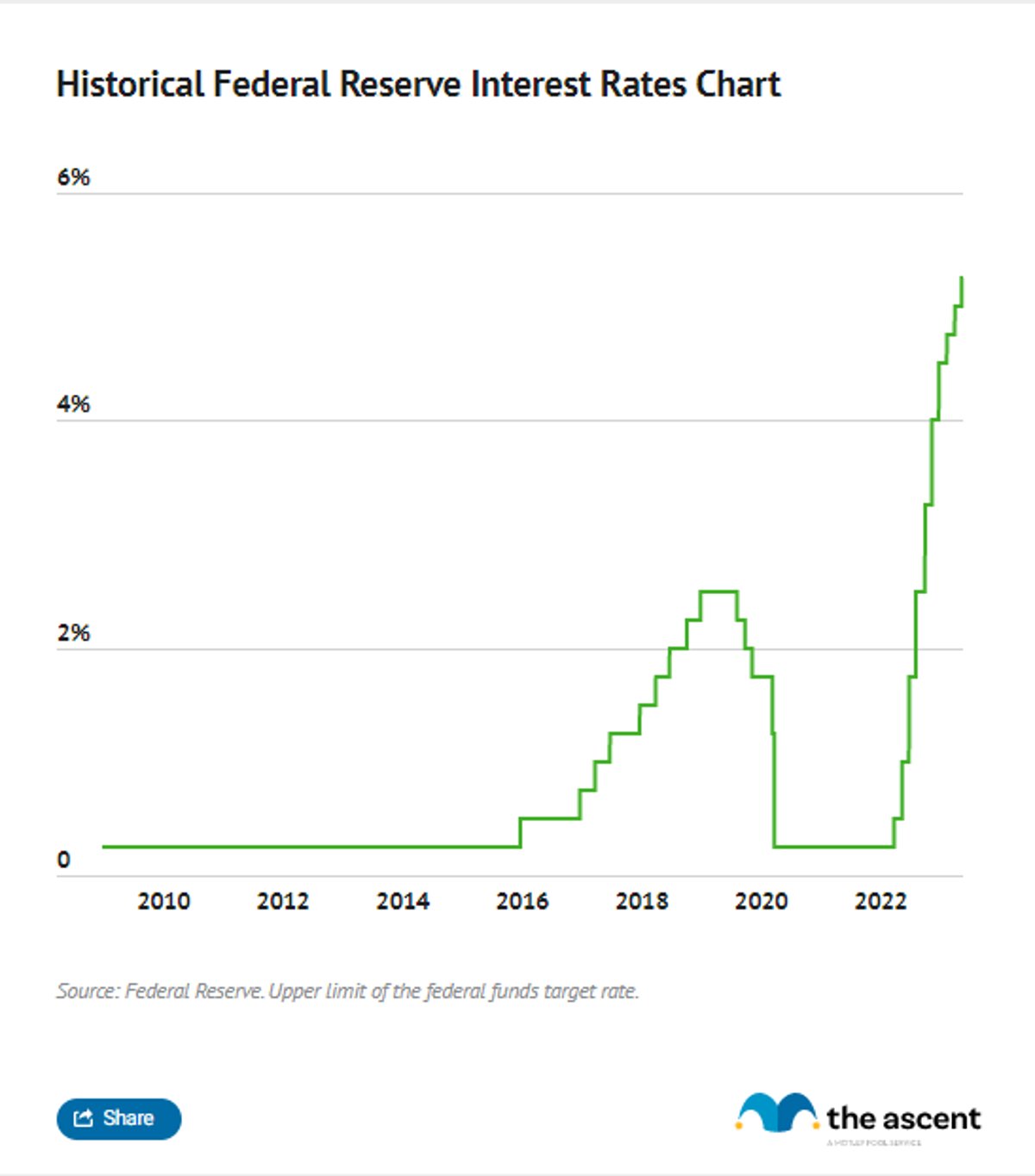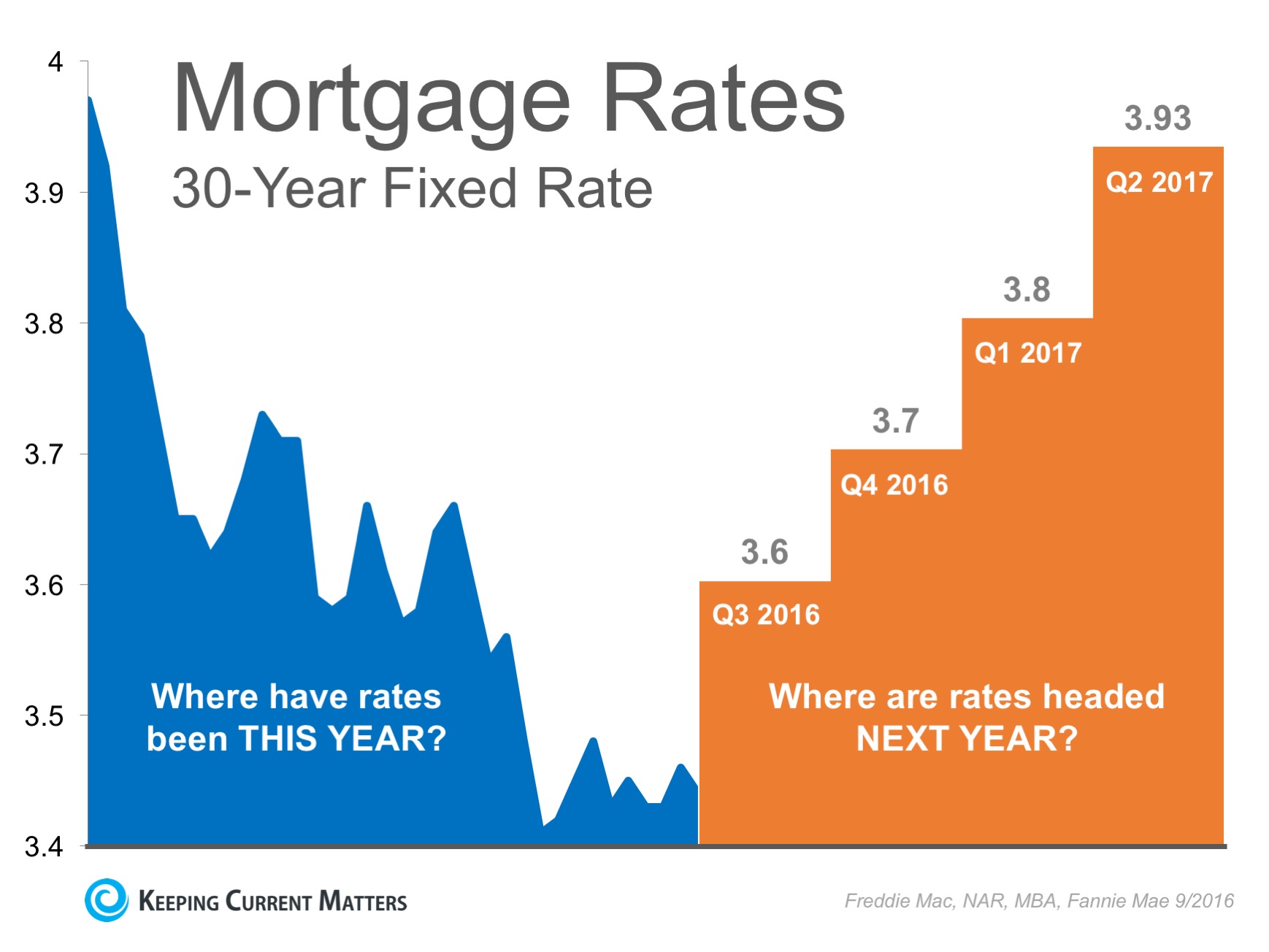Interest rates today play a pivotal role in shaping the financial landscape for both individuals and businesses. Whether you're saving, borrowing, or investing, understanding the nuances of current interest rates can significantly impact your financial well-being. This article delves deep into the complexities of interest rates, offering actionable insights to help you make informed decisions.
Financial markets are constantly evolving, and staying updated on interest rates today is crucial. The decisions made by central banks, economic conditions, and geopolitical events all influence how interest rates fluctuate. This guide will walk you through the current state of interest rates, their implications, and strategies to optimize your financial health.
By the end of this article, you'll have a thorough understanding of how interest rates today affect loans, savings, investments, and the broader economy. Let's explore the world of interest rates and how they shape our financial futures.
Read also:Pitino Coach A Legendary Figure In The World Of Basketball
Table of Contents
- What Are Interest Rates?
- Types of Interest Rates
- Factors Affecting Interest Rates Today
- Current Interest Rates Overview
- Impact on Loans
- Impact on Savings
- Investment Perspectives
- Global Perspective
- Strategies for Financial Planning
- Conclusion
What Are Interest Rates?
Interest rates refer to the percentage charged or paid on a loan or deposit. They represent the cost of borrowing money or the return on savings and investments. Understanding interest rates today is fundamental for anyone involved in financial transactions.
For borrowers, interest rates determine how much they will pay back over the life of a loan. For savers, interest rates dictate how much their money will grow over time. Central banks, such as the Federal Reserve in the U.S., play a key role in setting benchmark interest rates that influence the broader market.
How Interest Rates Are Determined
Several factors influence how interest rates are set:
- Economic growth and inflation
- Monetary policies of central banks
- Supply and demand for credit
- Global economic conditions
These factors collectively shape the interest rates we see today, making them a dynamic and ever-changing element of the financial system.
Types of Interest Rates
Not all interest rates are the same. There are various types of interest rates, each serving a specific purpose in the financial ecosystem. Below are some of the most common types:
Nominal Interest Rate
The nominal interest rate is the stated interest rate on a loan or deposit, not adjusted for inflation. It represents the base cost of borrowing or the base return on savings.
Read also:St Johns A Comprehensive Guide To The Rich History Culture And Attractions
Real Interest Rate
The real interest rate accounts for inflation, providing a more accurate picture of the true cost of borrowing or the real return on savings. The formula for calculating the real interest rate is:
Real Interest Rate = Nominal Interest Rate - Inflation Rate
Fixed vs. Variable Interest Rates
Fixed interest rates remain constant throughout the life of a loan or deposit, while variable interest rates can fluctuate based on market conditions. Borrowers and investors must carefully consider which type suits their financial goals.
Factors Affecting Interest Rates Today
Interest rates today are influenced by a multitude of factors. Let's explore the most significant ones:
Economic Growth
Strong economic growth often leads to higher interest rates as central banks aim to prevent overheating and inflation. Conversely, during economic downturns, interest rates may be lowered to stimulate borrowing and spending.
Inflation
Inflation directly impacts interest rates. Central banks typically raise interest rates to combat rising inflation and lower them during periods of deflation.
Monetary Policy
Central banks use monetary policy tools to control interest rates. For example, the Federal Reserve in the U.S. adjusts the federal funds rate, which influences short-term interest rates across the economy.
Current Interest Rates Overview
As of the latest data, interest rates today vary depending on the type of financial product and geographic location. Below is a snapshot of current interest rates in key areas:
Mortgage Rates
Mortgage rates have been on the rise due to recent Federal Reserve actions. As of this writing, the average 30-year fixed mortgage rate stands at 6.5%, up from previous years. This increase affects homebuyers and refinancers alike.
Savings Accounts
Savings account interest rates have also seen changes. High-yield savings accounts now offer rates around 4-5%, making them an attractive option for savers seeking better returns.
Impact on Loans
Interest rates today have a profound impact on loans. Borrowers must be aware of how rate fluctuations affect their financial obligations. Below are some key areas where interest rates influence loans:
Consumer Loans
Personal loans, auto loans, and credit card interest rates are all influenced by current market conditions. Higher interest rates mean higher monthly payments for borrowers, making budgeting more challenging.
Business Loans
For businesses, interest rates today affect their ability to secure financing for expansion or operations. Rising rates may deter borrowing, while lower rates can encourage investment.
Impact on Savings
Savers benefit from higher interest rates today, as their deposits earn more interest. However, the relationship between inflation and interest rates must be carefully considered. Below are some considerations for savers:
High-Yield Savings Accounts
With rates climbing, high-yield savings accounts offer attractive returns. Savers should compare rates across institutions to maximize their earnings.
Certificates of Deposit (CDs)
CDs provide fixed interest rates for a set period. As interest rates rise, new CDs offer higher returns, making them an appealing option for long-term savings.
Investment Perspectives
Investors closely monitor interest rates today to inform their strategies. Changes in rates can impact stock and bond markets, as well as real estate investments. Below are some investment considerations:
Stock Market
Rising interest rates can lead to lower stock prices as borrowing costs increase for companies. Investors must adjust their portfolios accordingly to manage risk.
Bond Market
Bond prices and interest rates have an inverse relationship. When interest rates rise, existing bond prices fall, affecting bondholders' returns.
Global Perspective
Interest rates today are not confined to one country. Global economic conditions and central bank policies influence rates worldwide. Below are some global trends:
U.S. Federal Reserve
The U.S. Federal Reserve's decisions on interest rates have ripple effects globally. As the world's largest economy, its policies impact international markets.
European Central Bank
Similarly, the European Central Bank's actions affect interest rates in the Eurozone. Divergent monetary policies between regions can create opportunities and challenges for investors.
Strategies for Financial Planning
Navigating interest rates today requires a strategic approach. Below are some tips for effective financial planning:
Budgeting
Create a detailed budget that accounts for fluctuating interest rates. Prioritize high-interest debt and adjust spending as needed.
Diversification
Diversify your investments to mitigate risks associated with interest rate changes. Consider a mix of stocks, bonds, and other assets.
Consulting Financial Advisors
Seek advice from qualified financial advisors who can provide personalized guidance based on your financial goals and risk tolerance.
Conclusion
Interest rates today are a critical component of the financial system, influencing borrowing, saving, and investing decisions. By understanding the factors affecting rates and their impact on various financial products, individuals and businesses can make informed choices to secure their financial futures.
We encourage you to take action by reviewing your financial plans, adjusting your strategies, and staying informed about interest rate trends. Share your thoughts in the comments below or explore other articles on our site for more insights into the world of finance.


